Howard Schweber Distinguished Chair
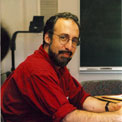
| Home Institution | University of Winconsin-Madison |
|---|---|
| Host Institution | Flinders University |
| Award Name | 2011 Fulbright Flinders University Distinguished Chair in American Political Science |
| Discipline | Political Science |
| Award Year | 2011 |
“The way people conceive of their government as representative speaks volumes about the way people conceive of themselves as democratic citizens and the working understandings of democracy that inform popular understandings of governmental legitimacy.”
Howard Schweber, a Professor with the Department of Political Science and Legal Studies at the University of Winconsin-Madison is the inaugural Fulbright Flinders University Distinguished Chair. The Australian Distinguished Chair in American Political Science was established in 2005, and is hosted in 2011-2015 by Flinders University.
Through his Fulbright, Professor Schweber will spend five months at Flinders University examining the ways in which foundational concepts of representative government have shaped the development of Australian constitutional and political culture.
Professor Schweber’s past research has focused on the conceptual underpinnings of American constitutionalism, and liberal democracy in general, and he has written books on the subject.
“There is a considerable body of work that compares different constitutional ideas across political cultures; my hope is to further that comparative understanding by drawing connections to differences in underlying conceptions of a basic democratic concept,” Professor Schweber said.
Professor Schweber said that Australia provides an exceptionally interesting case for comparative treatment because of its history of maintaining a constitutional system rooted in a combination of elements of British and American systems.
Professor Schweber is eager to take advantage of the archival resources, attitudinal information, and collaborative efforts that being in Australia will make possible. At the end of his project he plans to produce published work analysing the answers to these inquiries in comparative perspective.
Howard Schweber has a BA in Philosophy from the University of Pennsylvania, a JD from the University of Washington, an MS in History from the University of Chicago, and a PhD in Government from Cornell University. His forthcoming book is his fourth (others are studies of American legal history and the First Amendment). He will be accompanied in Australia by his wife and daughter, while another son will remain in the United States to pursue graduate studies.

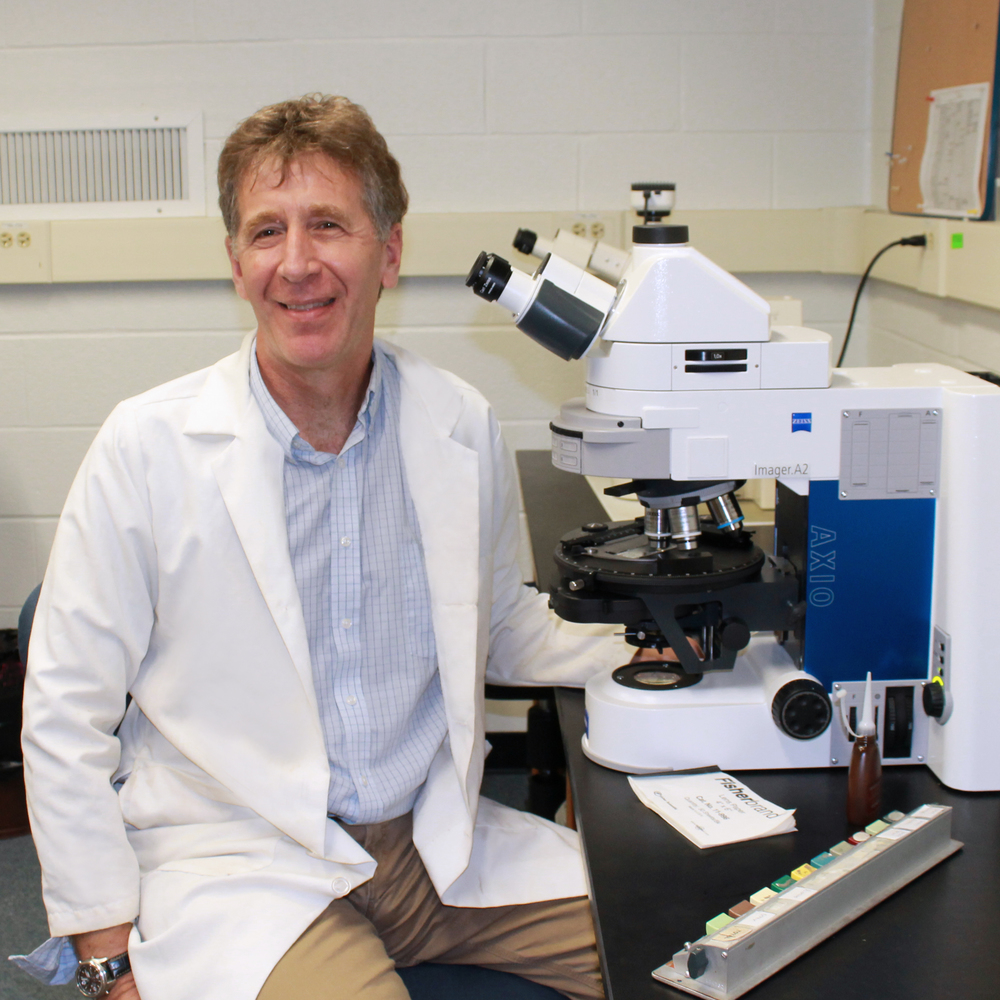


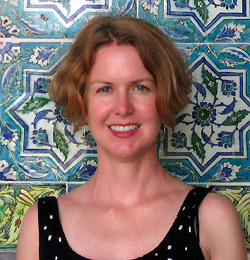

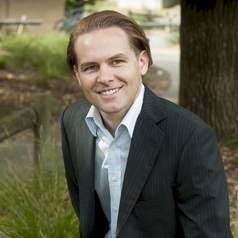
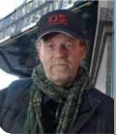
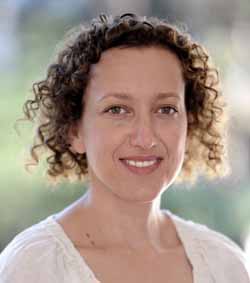
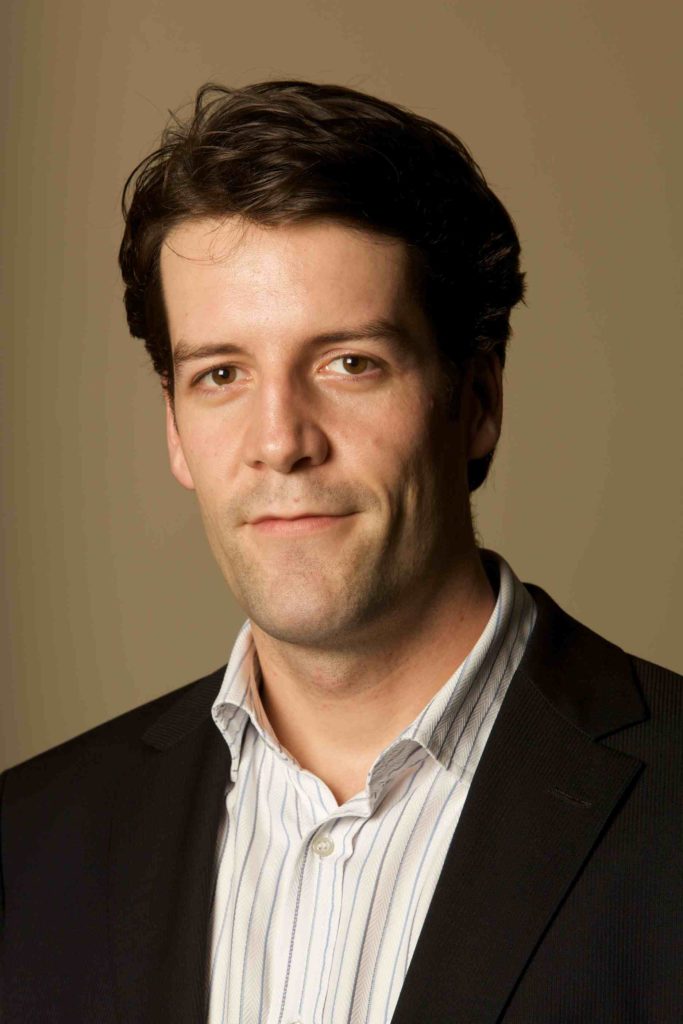
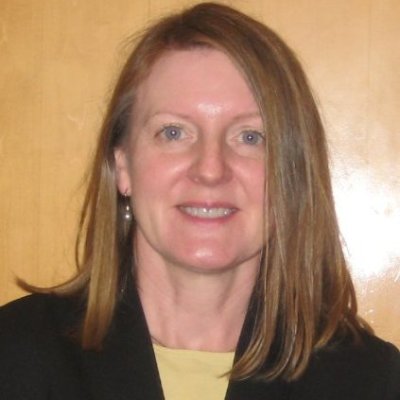
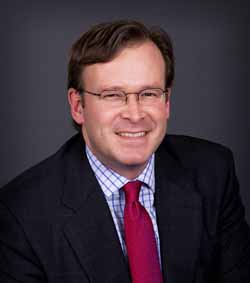
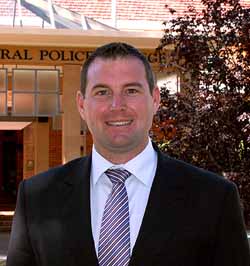
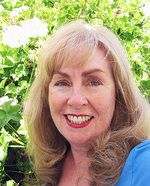

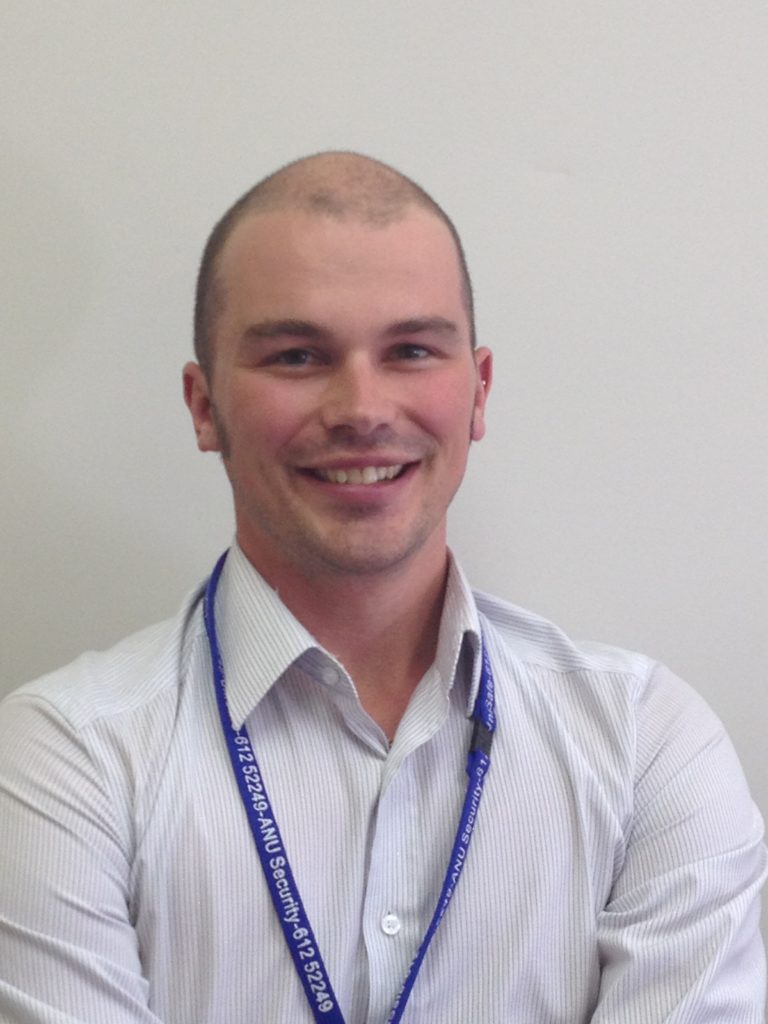
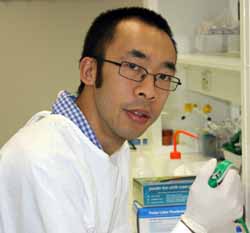
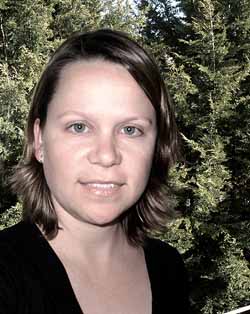


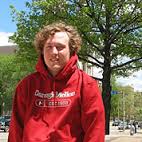
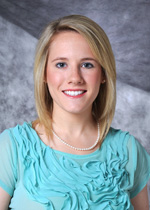
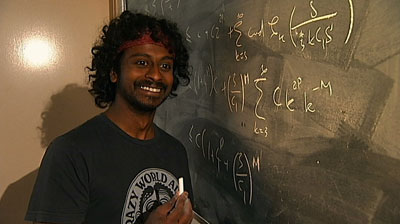
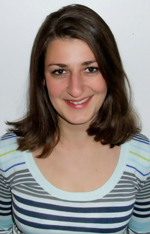
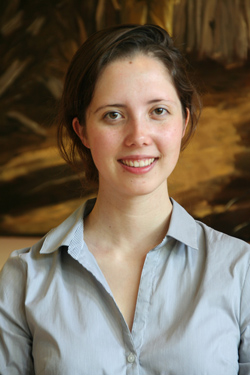
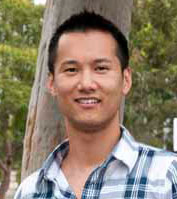
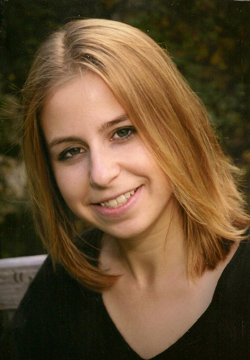


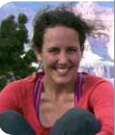
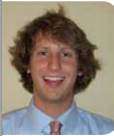

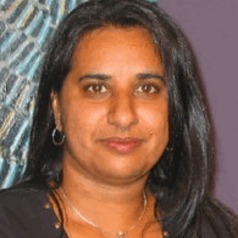

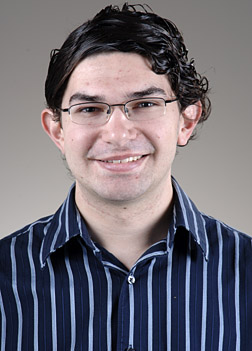
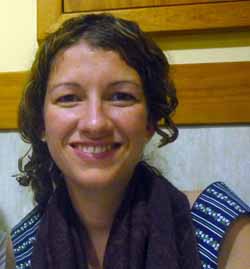


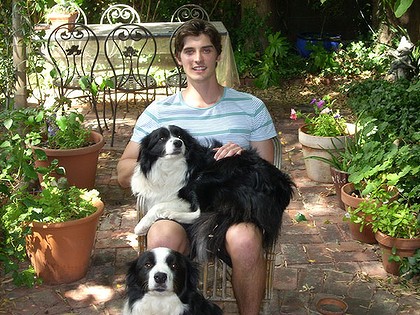
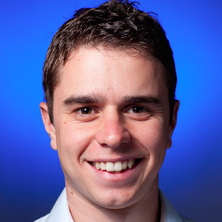
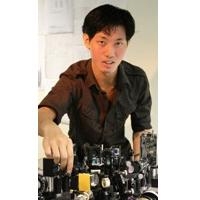
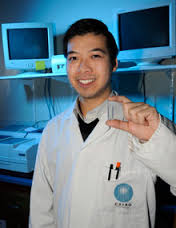
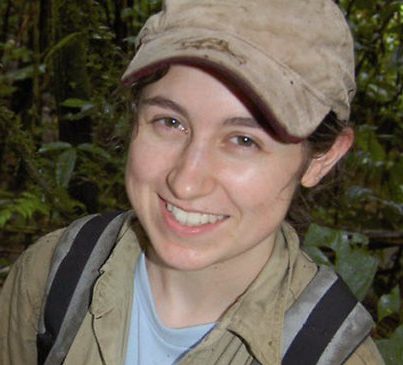


 Facebook
Facebook Twitter
Twitter Linkedin
Linkedin Instagram
Instagram